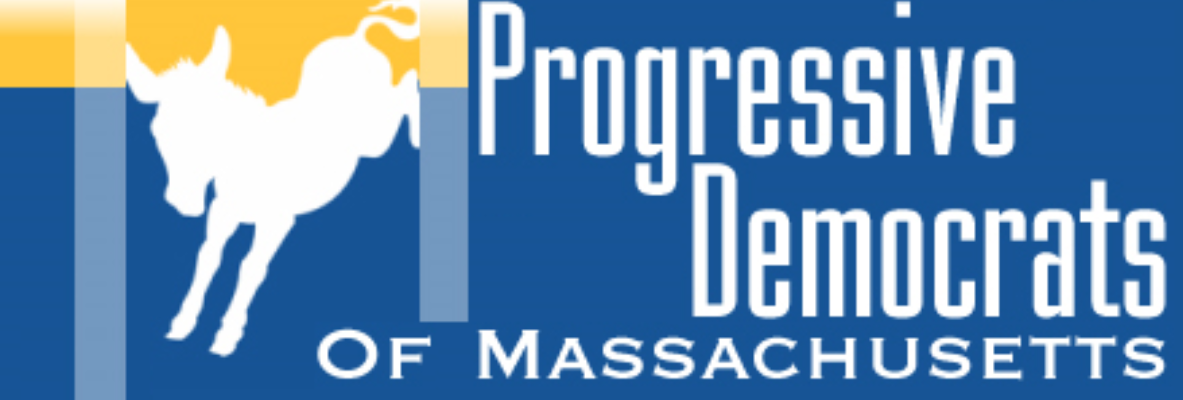The need for housing in Massachusetts has gone beyond a crisis to a true housing emergency for households at all income levels except the most affluent.
The economic impact for everyone is severe, and countless people are suffering: overflowing family shelters, children attending multiple schools in one school year as their families couch-surf to find a place to sleep, many residents who choose between buying medication or food and paying rent or mortgages, seniors who cannot find suitable alternatives to their outdated housing and young people who cannot afford to live in their hometowns or stay in the Commonwealth.
The seriousness of this emergency is finally receiving widespread attention. Governor Healey has created a Cabinet level position for Housing and proposed a broad Housing Bond Bill with both financial and policy components.
This situation has multiple causes and multiple critical dimensions, but, at its heart, is the need to dramatically expand the Commonwealth’s supply of housing. For an overview of its dimensions, you may find PDM’s series of recorded forums on these issues helpful, particularly the initial and final overview forums, linked here.
In the face of a predicament this huge and this complex, it’s often hard to know how individual citizens can make a meaningful difference. PDM’s housing working group has devised a platform of critical policy issues for citizens to support.
The TOOLKIT below is our effort to suggest some urgent and specific ways for you to get involved now. The only way this emergency can truly be resolved is by producing more housing. We must build denser housing, including multi-family, cluster housing, and smaller single-family units on smaller lots. Every community in the Commonwealth must do its part! At the same time, there are some urgent short-term policy needs to protect people during the time it will take to repair and increase our housing supply.
Toolkit for Action — Steps We Can Each Take Now
- The essence of housing creation is local. Local resistance to “changing the character of our town”, also known as “NIMBY-ism”, has been a central cause of the shortage, so we must make our voices heard in our communities, where our organizing efforts often have greater impact than at the state level:
- A. Start by finding out if your City or Town has a state-approved Housing Production Plan (HPP) that identifies your community’s housing needs and how to meet them. If you do have an HPP, review a copy of the Plan to see what has been proposed and what is actually being done (it should be on your community’s website or available through your Planning Department). If there is not an HPP, ask your community to create one by reaching out to your Select Board or elected municipal representatives. If you are a Community Preservation Community, those funds can be used to pay for producing the HPP.
- B. Talk with your local elected officials, and members of your Planning Boards, and Zoning Board of Appeals about how to create more housing in your community. Tell them that this is an urgent priority for you – that you are a YIMBY (“Yes in my backyard!”) and you can organize other voters.
- C. Show up for local government meetings about housing supply– and especially the approval process for specific projects, often attended primarily by project opponents. Sign up to speak first, to set a welcoming tone.
- D. Talk with others in your community to help them recognize that it is in their interest to increase the housing supply and make it more affordable, so young people who grew up there can stay and seniors who want to downsize will be able to find a place to live that they can afford.
- E. If you can identify even a small group of people who are willing to work with you and become activists, please reach out to PDM’s housing working group at progressivedemsofmass@gmail.com. We can help you strategize about next steps and identify useful resources and allies.
- The Commonwealth also has a huge, powerful role to play: clearing away regulatory obstacles, providing needed financial support for affordable and attainable housing, and protecting people’s housing while we restore an adequate housing supply.
- In August 2024, Governor Healey signed the 2024 housing bond bill, also known as the Affordable Homes Act, into law. Housing bond bills are generally passed every 5 years and authorize the Commonwealth to finance a wide range of longer-term housing investments in the annual capital budget by issuing bonds. In addition to borrowing authorizations, this bond bill contains a significant number of policy changes intended to address the ongoing housing crisis in the Commonwealth.
- “The Affordable Homes Act is a meaningful step on the path toward more equitable housing policy in our state,” said Viviana Abreu-Hernández, President of the Massachusetts Budget and Policy Center. “It authorizes urgently-needed investments in affordable housing and public housing, reduces barriers to production by allowing accessory dwelling units (ADUs) by right, and takes important steps toward equity by establishing a fair housing office, foreclosure mediation pilot, and the sealing of some eviction records.” More state action is needed in the 2025-2026 legislative session, including passage of the act granting a local option for a real estate transfer fee to fund affordable housing (HD1112/SD1216).
